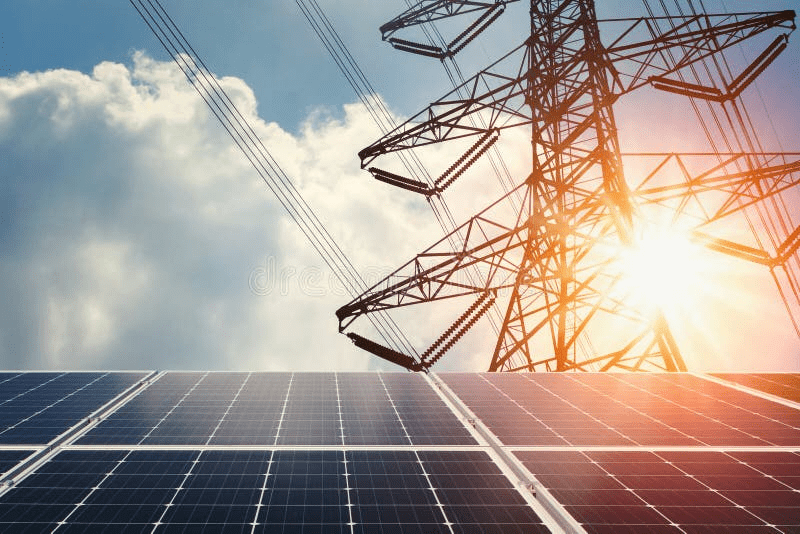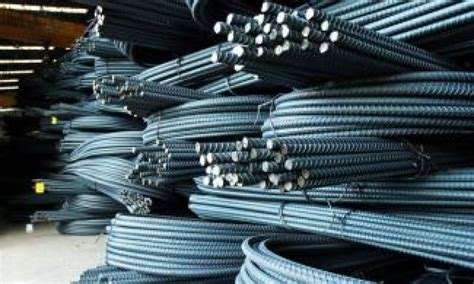Nigeria is scaling up its renewable energy infrastructure as part of a broader plan to reduce grid dependency and close the country’s electricity access gap. Recent efforts have seen a nationwide push to install solar mini-grids, upgrade transmission systems, and boost local manufacturing of solar components.
The Rural Electrification Agency (REA) reported that over 120 new mini-grid projects have been completed in the past 18 months, supplying over 90,000 households and small businesses with stable electricity, particularly in off-grid rural areas. These developments come as Nigeria works toward its goal of achieving universal energy access by 2030, in line with the United Nations Sustainable Development Goals.
Speaking at a recent energy investment forum in Lagos, Ahmad Salihijo, Managing Director of REA, noted:
“Decentralized renewable solutions are no longer a backup—they are a central part of Nigeria’s energy strategy. Our focus now is on scale, reliability, and sustainability.”
This renewed focus has attracted support from development partners. In March, the World Bank and the African Development Bank approved a combined funding package of $750 million for Nigeria’s Distributed Access through Renewable Energy Scale-up (DARES) initiative. The program is expected to deploy over 1,200 mini-grids, solar home systems, and hybrid systems across undeserved communities.
In addition to generation, investment in grid infrastructure continues. Under the Solar Nigeria program, the Transmission Company of Nigeria is expanding rural substations to integrate renewable sources. Four new substations and 38 km of dedicated transmission lines are under construction to support clean energy inputs from Nasarawa, Kano, and Taraba states.
Meanwhile, local solar panel manufacturers are seeing a boost, with tax incentives and import duty exemptions helping reduce system costs. The Energy Commission of Nigeria projects that local content in renewable infrastructure could hit 60% by 2027, promoting job creation and industrial development.
As of May 2025, renewable energy contributes roughly 1,200 MW to Nigeria’s grid. With additional projects in the pipeline, the government hopes to triple this figure by 2027, easing the pressure on fossil fuel generation and reducing emissions in line with Nigeria’s Nationally Determined Contributions (NDCs).




